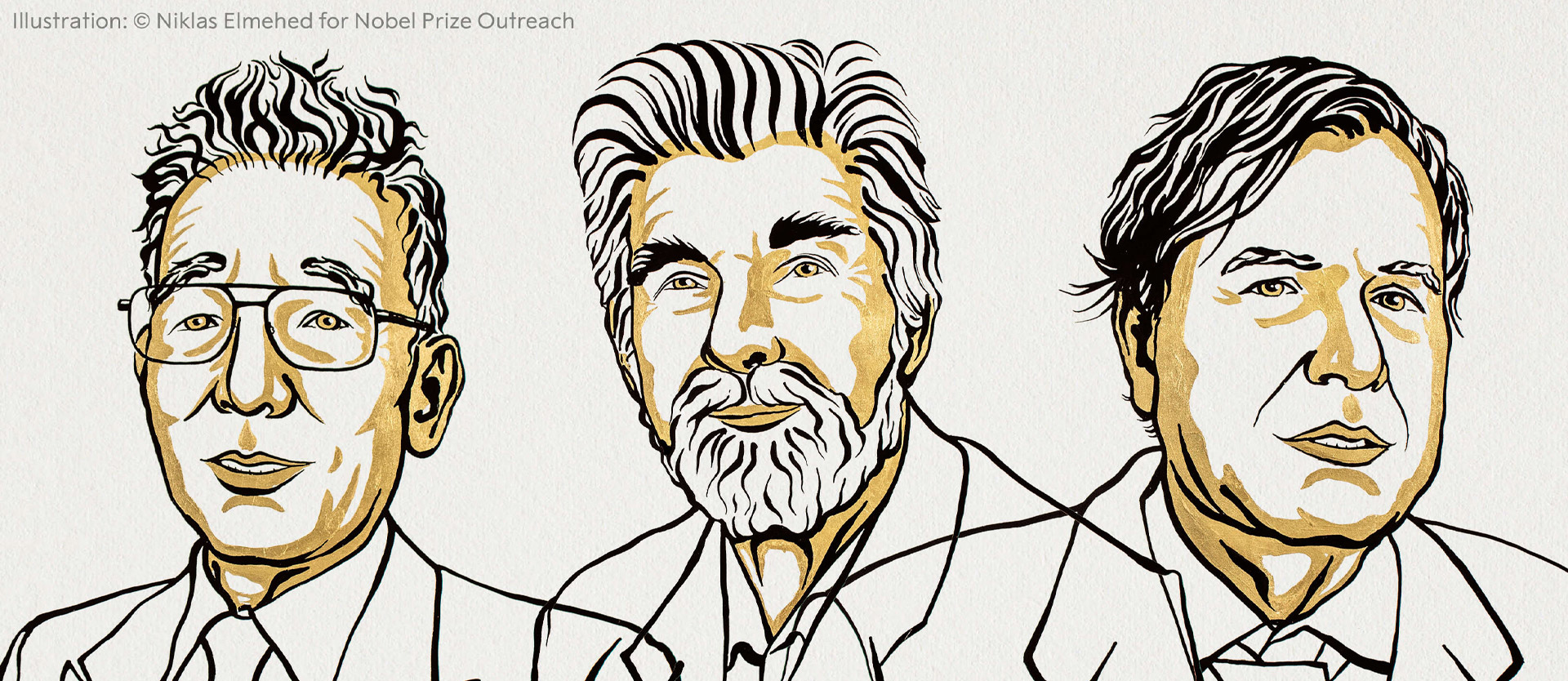
Physics Nobel Prize 2021 for Klaus Hasselmann
Klaus Hasselmann, founding Director of the Max Planck Institute for Meteorology, receives the Nobel Prize in Physics 2021 together with Syukuro Manabe (USA) and Giorgio Parisi (Italy)

Klaus Hasselmann was Director at the Max Planck Institute for Meteorology in Hamburg from 1975 to November 1999 and Scientific Director at the German Climate Computing Centre from 1988 to 1999.
The 89-year-old investigated human-made climate change and the greenhouse effect early on. "In 30 to 100 years, depending on how much fossil fuel we consume, we will face a very significant climate change. Climate zones will shift, precipitation will be distributed differently. Then we will no longer be able to talk about random results," he said in a 1988 interview. "We should realise that we are entering a situation where there is no turning back."
The emeritus director at the MPI for Meteorology developed a model that links weather and climate, helping to answer the question of why climate models can be reliable despite changeable and chaotic weather. He also developed methods for identifying specific signals that natural phenomena and human activities imprint in the climate, demonstrating that increased atmospheric temperatures can be linked to human carbon dioxide emissions.
Pioneer of Earth system science
Martin Stratmann, President of the Max Planck Society, warmly congratulated Klaus Hasselmann on winning the Nobel Prize in Physics. "As the founding director of our Max Planck Institute for Meteorology, Hasselmann, together with his colleagues in Hamburg, as well as the scientists at the Max Planck Institute for Chemistry in Mainz, was instrumental in advancing Earth system science in Germany in the 1970s and 1980s and making it internationally relevant. The fact that this has resulted in two Nobel Prizes – the Nobel Prize for Chemistry to Paul Crutzen in 1995 and now, 26 years later, the Nobel Prize for Physics to Klaus Hasselmann – is a tremendous success for the Max Planck Society and at the same time confirms our sense of obligation to the continuance of climate research for the benefit of humanity."
Nobel Prize in Physics for the second time in a row
Already last year, a Max Planck scientist was honoured with the highest scientific award in physics. Reinhard Genzel, Director at the Max Planck Institute for Extraterrestrial Physics in Garching, received the Nobel Prize in Physics 2020 together with Roger Penrose and Andrea Ghez. The Royal Swedish Academy honoured the scientists for their research on black holes.
As in the previous year, the Nobel Prizes are endowed with ten million Swedish kronor (about 980,000 euros) per category. The prestigious Nobel medals and diplomas are traditionally awarded on 10 December, the anniversary of the death of prize donor and dynamite inventor Alfred Nobel.









